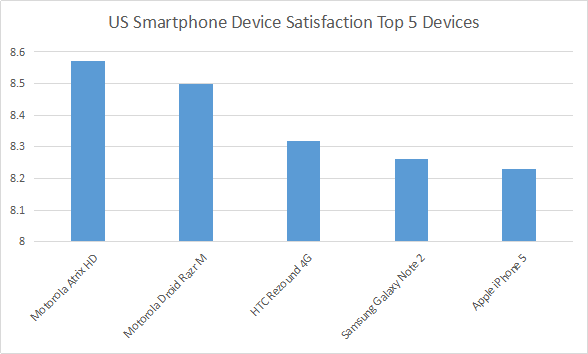1. Analyse the following caselet and answer the question that follow: Nicky, Manoj and Benita are graduates from a top ranked B-school. They joined ABC corporation a year ago. ABC is known for its performance oriented culture. This is the first time the organization recruited from a top ranked B-school. They are part of a five member team with two others from lower ranked B-schools. Nicky, Manoj and Benita draw 40 percent higher salaries than other team members. This team reports to Amelia Ganeshmurthi, a senior Executive.Amelia is disappointed with the performance of Nicky, Manoj and Benita. She came to know that ABC was not their first choice and they had spent the first ten months applying to other organizations. However, they have now started liking ABC and promised to do their best henceforth. Amelia has to rate their annual performance and decide about their future. She has the following choices: 1. Fire them from ABC for insincerity and save the organization’s time and money. 2. Given them average ratings with a year to prove their worth and fire them from ABC if they fail to show significant progress. 3. Impose a pay-cut of 15% since they have not delivered on the promise, but give them relatively high ratings. 4. Given them relatively poor ratings with one year time to improve and fire them from ABC if they fail to show significant progress. 5. Give them high ratings and give them a second chance to prove their worth. Which of the following options rank the above choices in the order of MOST APPROPRIATE to LEAST APPROPRIATE?
Show Similar Question And Answers
 Source: 92.825 US mobile users, July 2012 - January 2013
Fortunately, those questions were answered by OnDevice Research’s representative. He explained that the survey was conducted on mobile web where the survey software could detect the taker’s device and since user’s rate their satisfaction levels on a 1 to 10 scale, thanks to the Nexus device, Google was included.If you analyze the three reports above, which of the following statements would be the best inference?
Source: 92.825 US mobile users, July 2012 - January 2013
Fortunately, those questions were answered by OnDevice Research’s representative. He explained that the survey was conducted on mobile web where the survey software could detect the taker’s device and since user’s rate their satisfaction levels on a 1 to 10 scale, thanks to the Nexus device, Google was included.If you analyze the three reports above, which of the following statements would be the best inference? Powered By:Omega Web Solutions
Powered By:Omega Web Solutions
Hence, option C is the correct answer.